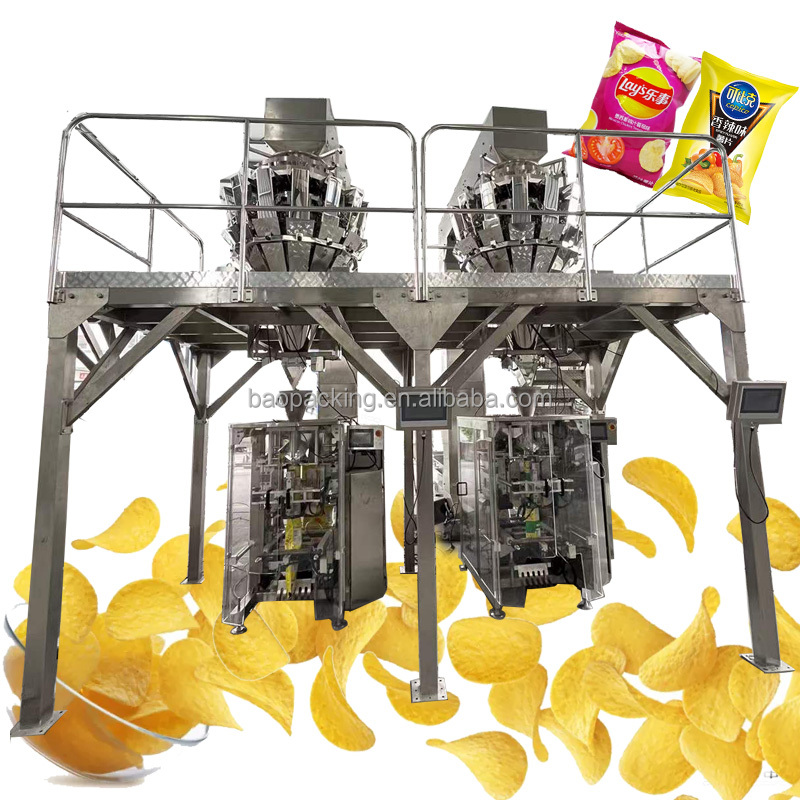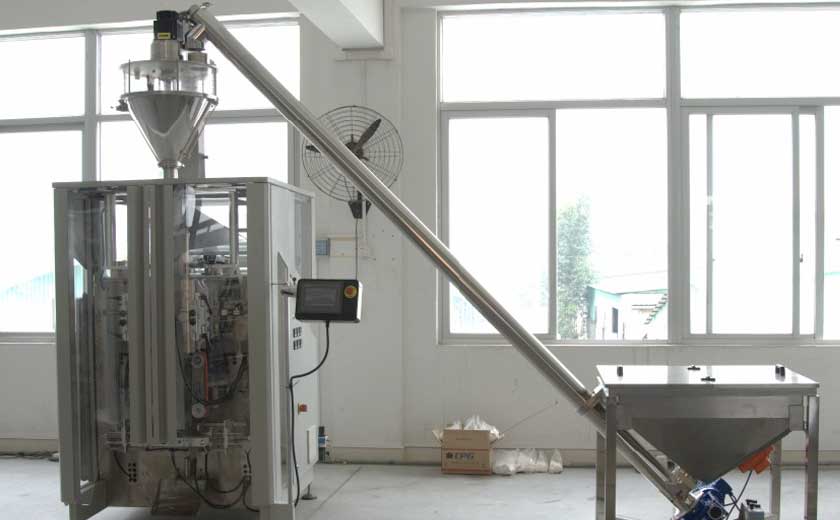Detergent Packing Machines- A Comparison of Manual vs. Automated Options
Detergent packing machines play a crucial role in the production of detergents, ensuring efficient packaging and distribution to meet market demands. As businesses strive to optimize their operations, the choice between manual and automated detergent packing machines becomes a critical decision. This article delves into a detailed comparison of these two options, exploring their advantages, disadvantages, and suitability for different scenarios.
Efficiency and Productivity
Manual Packing Machines
Manual packing machines require human operators to manually load, fill, and seal packaging containers. While this offers greater flexibility and control over the packing process, it can be slow and labor-intensive. Productivity is limited by the speed and accuracy of the operators, and human error can lead to inconsistencies in packaging质量.
Automated Packing Machines
Automated packing machines employ advanced technologies to automate the entire process, including loading, filling, sealing, and palletizing. This significantly increases efficiency and productivity, as machines can operate continuously with minimal human intervention. They can handle large volumes of packaging at high speeds, reducing production bottlenecks and lowering labor costs.
Labor Requirements
Manual Packing Machines
Manual packing machines require a dedicated workforce of operators to manually perform each step of the process. This can result in high labor costs, especially for businesses with large production volumes. Operators must be trained and skilled to ensure proper packaging and avoid costly mistakes.
Automated Packing Machines
Automated packing machines minimize the need for manual labor. They operate autonomously, eliminating the need for human operators to oversee the packaging process. This can result in significant labor savings and allow businesses to allocate resources to other areas of operation.
Flexibility and Versatility
Manual Packing Machines
Manual packing machines offer greater flexibility compared to automated machines. They can be easily adjusted to accommodate different packaging sizes and formats, allowing businesses to quickly adapt to changing market demands. Manual packing also allows for more customization and personalization of packaging, catering to specific customer requirements.
Automated Packing Machines
Automated packing machines typically have less flexibility compared to manual machines. They are designed for specific packaging formats and may not be suitable for handling a wide range of products. Modifying automated packing machines to accommodate different packaging sizes or types can be complex and time-consuming.
Maintenance and Downtime
Manual Packing Machines
Manual packing machines are relatively easy to maintain and repair. They do not require specialized knowledge or equipment, and repairs can often be performed by in-house maintenance personnel. Downtime is typically minimal, as manual packing can be resumed quickly after repairs.
Automated Packing Machines
Automated packing machines require more specialized maintenance and repair procedures. They rely on sophisticated software and electronics, which can be sensitive to malfunctions and require trained technicians for servicing. Downtime can be more significant with automated machines, as repairs may take longer and require specialized equipment or parts.
Cost Considerations
Manual Packing Machines
Manual packing machines generally have a lower upfront cost compared to automated machines. However, they can incur higher ongoing costs due to labor expenses and potential quality issues.
Automated Packing Machines
Automated packing machines have a higher upfront cost but offer potential cost savings in the long run. They reduce labor costs, minimize packaging errors, and increase productivity, ultimately improving efficiency and profitability.
-

Overview of Packaging Machine Buying Guides
08-01-2024 -

How Does a Vertical Form Fill Seal Machine Work?
30-10-2023 -

Advancements in Auger Powder Filling Technology
27-10-2023 -

A Deep Dive into Automatic Packaging Machines
26-10-2023 -

The Revolutionary Fully Automatic Potato Chips Packaging Machine
20-09-2023 -

How to choose the right packaging machine?
23-08-2023 -

Reducing Waste And Maximizing Yield With Multihead Weigher Machines
15-03-2023 -

Nuts Packaging Machine for Dry Products Perservation
26-11-2022 -

Is Automated Biscuit Packaging Machine Better Than Manual Opeartion?
25-11-2022





